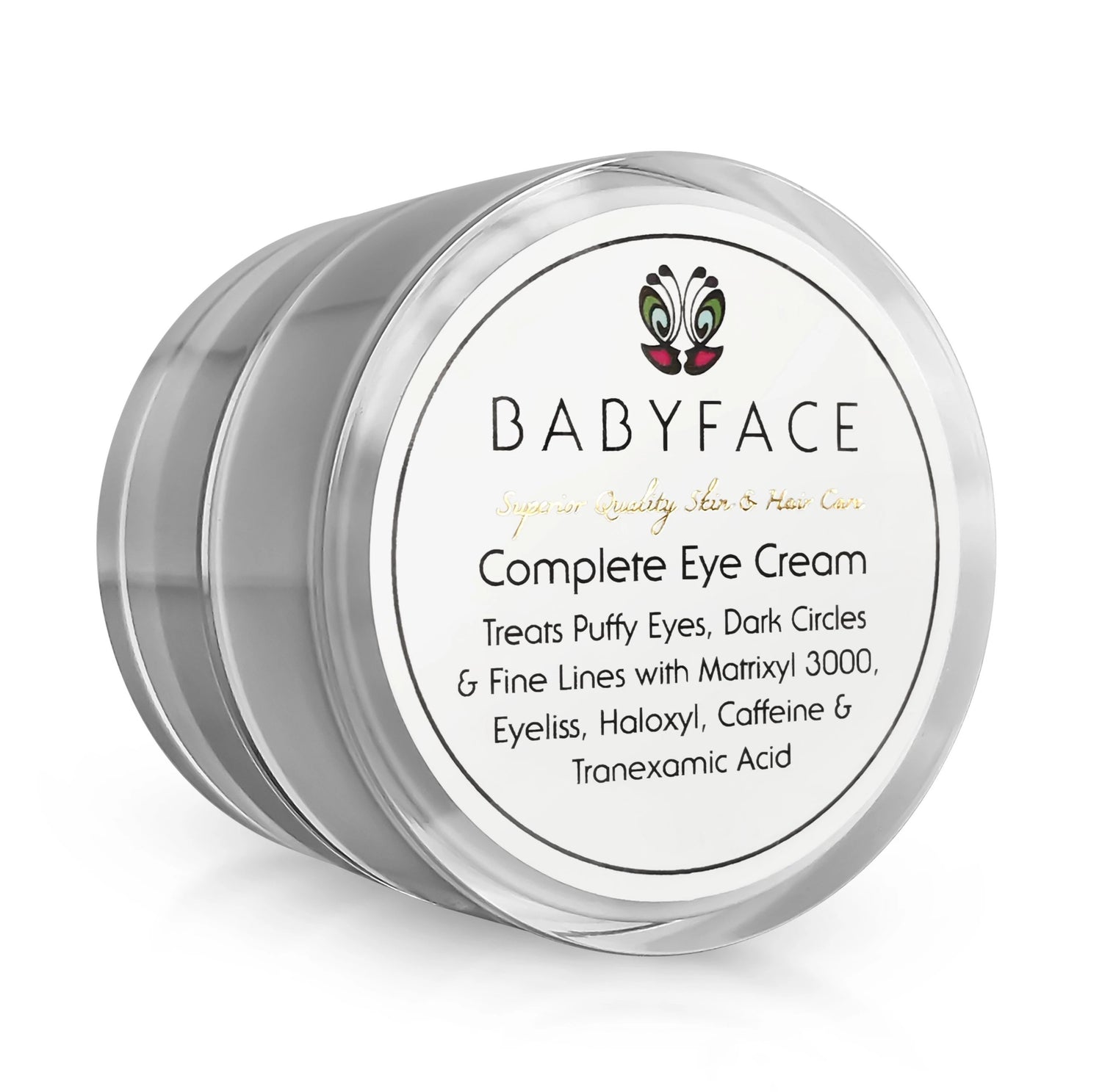5 Foods That Boost The Skin's Natural Sun Protection
Giorgia G.Share

Sun protection isn't all about sunscreen. That's your first line of defense – no doubt about it. But, turns out, plenty of our fave foods have their own in-built SPF, too.
Juicy tomatoes, wild salmon and a cup of tea are just some of the food treats that do double duty: they boost your health and increase your skin's ability to protect itself against sun damage.
Their secret? Antioxidants. It works like this. When UV rays hit your skin, they destroy collagen and elastin, damage your cellular DNA and cause inflammation. All things that trigger the production of free radicals, nasty molecules that roam the body for healthy molecules. When they spot one, they rob it one of its electrons, starting a chain reaction that leads to wrinkles and dark spots. Antioxidants are their nemesis. They're the good cops patrolling the body for free radicals, destroying them before they can cause their havoc.
Let's be clear: munching on antioxidants rich food isn't an excuse to skip your sunscreen. You still need that one, sorry! But, it will boost its protection up a notch or two, keeping your skin better protected in the sun – especially if you're the kinda gal that forgets to reply your sunscreen often enough (we've all been there). So, what should your summer diet include? Here are the top 5 foods to eat to boost sun protection:
- Tomatoes
Juicy tomato salads, tomato spaghetti, meatballs in tomato sauce, bruschetta… This delicious red fruit is super versatile, it can sneak its way into almost any dish! Tomatoes are rich in lycopene, a powerful antioxidant that dials up your SPF. Research has shown that eating tomato paste regularly increases your sun protection by a whopping 30%! FYI: lycopene is better absorbed with fat, so drizzle your tomato salad with olive oil or add some avocado to your bruschetta. Who's ready for Sunday brunch?
- Wild Salmon
Ever wondered what gives salmon its pinkish colour? Astaxanthin. It's an antioxidant that's 6000 times more powerful than vitamin C at destroying free radicals. Salmon is also loaded with omega-3 fats, the good kind of fat: it reduces UVB-induced inflammation by 52% and prevents UV rays from making the enzymes that eat your collagen, the protein that keeps your skin firm. If you can find it, go with wild salmon – it has 400% more astaxanthin than farmed salmon (amazing what a natural diet can do, eh?). Drizzle it with lemon dill sauce or serve it poached with sweet potatoes.
- Green Tea
Hot or cold, green tea is the perfect summer drink. A cup is chockfull of polyphenols, a group of antioxidants with photoprotective properties. According to science, polyphenols prevent UVB-induced free radicals, collagen breakdown and the depletion of antioxidant enzymes (antioxidants your body naturally produces). Fun fact: epigallocatechin-3-gallate, the most powerful of the polyphenols, is considered to be 200 times more effective than vitamin E! If you really can't stomach green tea, go for white tea. It's more expensive but taste better and works just as well.
- Cauliflower
Ever thought about throwing some raw cauliflower into your smoothie? Odd choice maybe, but one that'll keep your skin wrinkle-free. Cauliflower is loaded with histidine, a natural photoprotective. Plus, like all its cruciferous siblings, this veg has plenty of sulforaphane, an antioxidant that protects skin cells against UV radiation. Still not convinced? Cauliflower gives smoothies a lovely, creamy texture. Go on, give it a try!
- Bell Peppers
